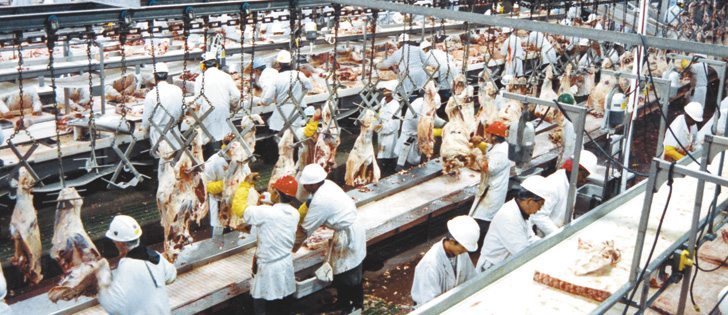KNOW WHAT you seed. It might seem like unneeded advice for farmers, but ineligible varieties are too often detected in grain shipments.
The varieties are ineligible because they were deregistered or never registered at all.
It is a problem because buyers pay for the specific characteristics that define the classes of Canada’s grade classification system. New varieties are registered and allowed into the classes only if they meet the standards of the class, such as the fat content of the oil in canola or the milling characteristics of wheat.
Read Also

Crop profitability looks grim in new outlook
With grain prices depressed, returns per acre are looking dismal on all the major crops with some significantly worse than others.
If farmers grow and deliver varieties not registered, it could alter the end use characteristics of the shipment and the buyer will want to know why. It would be like ordering a Ford F150 truck but receiving delivery of a Toyota Tacoma.
The breakdown in Canadian flax exports to Europe is a costly example.
European authorities say that shipments of Canadian flax contain small amounts of CDC Triffid, a genetically altered variety registered in 1998 but deregistered in 2001 at the flax industry’s request because of Europe’s reluctance to import GM crops.
Triffid seed supposedly never made it into commercial production, but the Europeans say it has turned up in their tests. The European Union allows only those GM varieties it has approved and because Triffid was canned before it became generally available in Canada, it was never put forward for EU approval.
The result is that Canada’s flax trade is halted with the EU, its largest market worth more than $300 million annually.
The Canadian Grain Commission and the flax industry are trying to determine whether the EU tests are correct and if so, what happened. For now, the implication is that somebody in Canada knowingly or unknowingly grew Triffid and delivered it.
Aside from restricted plants such as narcotics, farmers can grow what they want for on-farm use. But once they deliver into the commercial system, their crops take on an additional designation: product of Canada.
Decisions made on the farm have implications for Canada’s reputation as a reliable supplier of quality grain and oilseeds.
The potential for undesired mixing of eligible and ineligible varieties could increase now that Kernel Visual Distinguishability has been dropped as a requirement in wheat breeding.
Also, customers are becoming more discriminating about what they buy and are using more sophisticated tests to ensure they are getting what they paid for.
To protect quality assurance in wheat, a producer declaration system was introduced last year under which farmers attest that the wheat they deliver is eligible for a specific class of western Canadian wheat.
When problems occur, grower declarations make it possible to trace to farms that supplied the grain. If a party can be identified as the source of the contamination, through design or negligence, that party is liable to be sued for the costs arising.
The flax affair raises the question of whether the producer declaration system should be expanded to other crops.
Declarations emphasize growers’ responsibilities but prevention is the best response. If seed is questionable, it should be tested.
Know what you grow.
Bruce Dyck, Terry Fries, Barb Glen, D’Arce McMillan and Ken Zacharias collaborate in the writing of Western Producer editorials.














